An OCPP EV charger is a smart EV charger that uses the Open Charge Point Protocol (OCPP) to communicate with central management systems. OCPP is an open-source communication standard, meaning it’s vendor-neutral – no charger or software platform is favored over another. This openness gives users more flexibility to choose hardware and software independently
OCPP was developed in 2009 to standardize communication between EV charging stations and network management systems. Since then, it has evolved through several versions: OCPP 1.0 (2010), 1.2 (2012), 1.5 (2015), 2.0 (2018), 2.0.1 (2020), and 2.1 (2025). Each new release adds enhanced features and broader support for newer EV charging hardware and smart energy capabilities.
Best OCPP EV Charger for Homeowners, Businesses & Commercial Installations
Autel MaxiCharger 80A EV Charger Review Best Smart Features
The Autel MaxiCharger 80A EV Charger is a premium 19.2 kW Level 2 EV charger designed for high-performance residential, business, commercial, and fleet EV charging. It supports the latest OCPP 2.0.1 protocol and is one of the few 240V Level 2 EV chargers in its class with OCPP 2.0.1 and ISO 15118 compatibility, enabling vehicle-to-grid (V2G) communication for bidirectional EV charging applications.
Equipped with advanced smart EV charging features, the Autel MaxiCharger 80A EV charger allows remote monitoring, smart scheduling, adaptive load management, and solar integration via Autel’s intuitive cloud platform. It’s suitable for multi-user installations, smart homes, and workplace EV charging.
With OCPI support, RFID authentication, and customizable pricing, it also functions as a revenue-ready business EV charger. Whether you’re managing a fleet, running a commercial site, or preparing your home for V2G, the Autel MaxiCharger 80A delivers the scalability, intelligence, and future readiness top-tier OCPP chargers demand.
Best Budget OCPP EV Charger for Homeowners.
Grizzl-E Smart EV Charger Review Best Budget
The Grizzl-E Smart EV Charger is a reliable, budget-friendly Level 2 charger that supports the OCPP 1.6 protocol. It offers essential smart features like scheduling, energy monitoring, and remote control through the ChargeLab app. While it lacks the advanced capabilities of OCPP 2.0.1, it’s a solid choice for homeowners who want basic smart charging without the high price tag. ChargeLab is free for single-family residential use, making this charger a great value for everyday EV drivers.
How to Choose the Right OCPP EV Charger
OCPP-compatible EV chargers unlock smarter charging, better energy management, and future-proof connectivity. In short, you’re getting more than just a basic charger – here’s our guide to choosing the right one.
Check the Protocol Version
Not all OCPP versions are created equal. If the charger only supports OCPP 1.5 or 1.6, it might get the job done, but it’s going to feel like using yesterday’s tech. For real flexibility, look for OCPP 2.0.1 or, even better, 2.1 EV chargers such as the Autel MaxiCharger 80A EV charger that supports OCPP 2.0.1. These newer versions open the door to smart charging, better security, and energy management features that just weren’t possible before.
Look for Certified Compatibility
Just because a charger says “OCPP-compliant” doesn’t mean it’ll play nice with your backend system. Look for chargers that are certified by the Open Charge Alliance (OCA) or have been tested with your CSMS (Charge Station Management System).
Smart Features Matter (Especially with OCPP 2.0+ and 2.1)
The cool stuff? It lives in the smart features. If you’re going with a newer OCPP version, you’re unlocking a ton of functionality:
- Smart Charging: Balances load across multiple chargers so you’re not overloading the grid.
- Remote Management: Push firmware updates, troubleshoot issues, and track usage without ever touching the charger.
- Flexible Billing: Whether it’s by the minute, kilowatt-hour, or a flat fee, OCPP 2.1 gives you options.
- Better Security: Everything is encrypted and authenticated. No shortcuts.
Basically, if you want your charger to do more, OCPP 2.0.1 or 2.1 is the way to go.
Match It to Your Use Case
Not everyone needs all the bells and whistles of the new OCPP protocols. Here’s our quick breakdown:
- Homeowners: If you only need basic charging with remote monitoring, scheduling, and smart features, an OCPP 1.6 charger like the Grizzl-E Smart EV Charger is a budget-friendly home EV charger that we recommend. However, choosing a 2.0.1+ charger such as the Autel MaxiCharger 80A EV charger prepares you for next-generation capabilities, including V2H (vehicle-to-home) and V2G (vehicle-to-grid) bidirectional charging.
- Fleets & Public Charging: You’ll want full control, flexible billing, and future-ready functionality – OCPP 2.1 should be your baseline. OCPP 2.1 brings essential capabilities like local payment support, smart charging, reservation handling, advanced security, and integration with ISO 15118-2. With features like local authentication lists, local load balancing, DER and EMS support, firmware management, and display control, we recommend opting for an OCPP 2.1 compatible EV charger for scalable, intelligent EV charging and management.
- Green Energy Setups: If you’re integrating solar EV charging, wind, bidirectional EV charging, or V2G (vehicle-to-grid) systems, OCPP 2.1 support is essential to future-proof your EV charger installation. OCPP 2.1 introduces a dedicated functional block for bidirectional charging (V2X), enabling EVs to supply energy back to the grid, home, or building. Combined with support for ISO 15118-20 and CHAdeMO, it ensures seamless bidirectional power transfer and positions your setup for advanced energy applications.
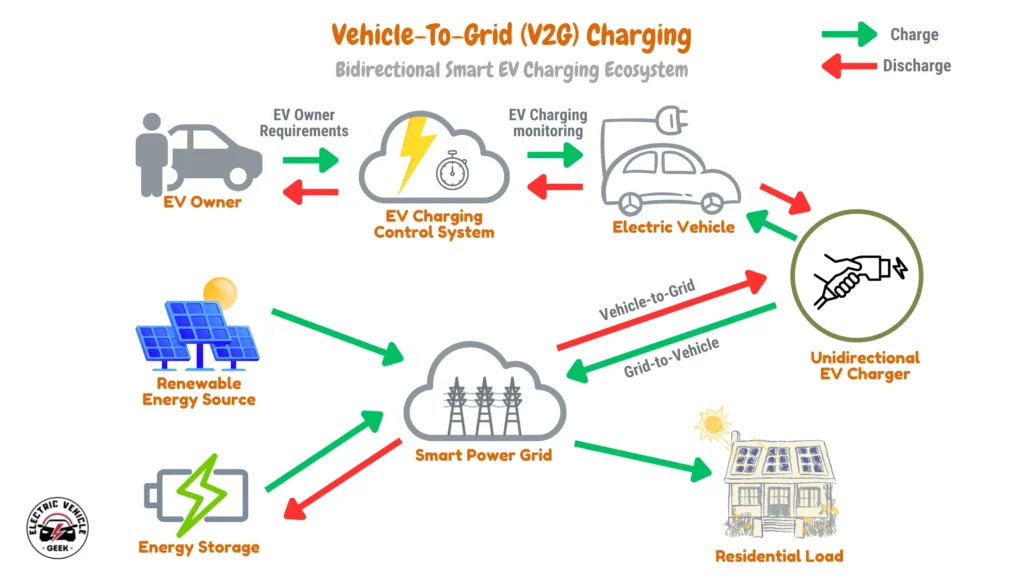
Check for EV Charger Manufacturer OCPP Roadmap Support
Make sure your charger’s maker offers firmware updates, supports future OCPP versions, and has a roadmap that keeps pace. You want something that grows with you, not a charger you’ll outgrow in a year.
How OCPP Works
OCPP provides a standardized communication protocol between EV chargers and central management systems. The communication involves the exchange of messages and data within the central management system and the EV charger.
The Charge Point (EV Charging Station) is equipped with one or more connectors that provide information about the availability and the status of your EV charging stations and energy consumption, for example, our EV smart charger that is compliant with the OCPP Grizzl-E Smart Home EV charger allows tracking of EV charging sessions, and energy usage, setting of charging schedules that also us to tap on off-peak session to save us money on EV charging, and remote monitoring of EV charging sessions.
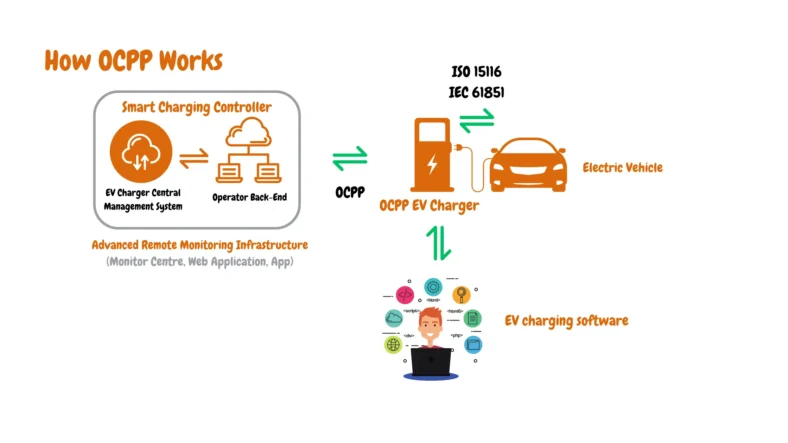
The OCPP systems require a central system (or server) that is the backend charge point management system (CPMS) that communicates with the EV charger using OCPP to monitor and manage your EV charging sessions. It also collects data on your EV charging, such as energy consumption and billing.
Types of OCPP Implementations
There are two types of OCPP implementations, Simple Object Access Protocol (SOAP) and JavaScript Object Notation (JSON), when looking for an EV charger that is OCPP Compliant.
| OCPP 1.5 | OCPP 1.6 | OCPP 2.0 | OCPP 2.1 |
|---|---|---|---|
| June 2012 | Oct 2015 | March 2018 | January 2025 |
| SOAP | SOAP & JSON | JSON | JSON |
| 24X2 messages | 28×2 messages | 65×2 messages | 80 × 2 messages |
| 42 Data Types | 49 Data types | 129 data types | 150+ data types |
| 15 configuration keys | 43 configuration keys | 65 configuration keys | 80+ configuration keys |
We recommend purchasing an EV charger that uses JavaScript Object Notation (JSON), such as the Grizzl-E Smart Home EV charger, and here is why:
Simple Object Access Protocol (SOAP)
Simple Object ACESS Protocol (SOAP) is an OCPP message-based protocol that uses XML to represent data, OCPP developers don’t like using XML because it’s a bulky format making it less suitable for home EV charging stations, the size of XML data and messages can cause delays and timeouts which is a problem is smart charging applications where users need real-time monitoring and communication.
Additionally, developers avoid SOAP because it is costly to the end user, as SOAP requires both the backend and the EV charger to act as servers to facilitate two-way communication.
JavaScript Object Notation (JSON)
We do recommend purchasing an OCPP EV Charger that uses JavaScript Object Notation (JSON), which is a flexible and lightweight data interchange format. An EV charger that uses JavaScript Object Notation (JSON), such as the Grizzl-E Smart Home EV charger, provides much better diagnostics capabilities.
OCPP EV chargers that use JavaScript Object Notation (JSON) receive and send data through HTTP requests, and rely on web socket for two-way communication, which requires one entity to act as a server, which in OCPP case is the back end reducing the transfer of the costs to the EV owner, this means EV chargers using JSON are cheaper compared to EV Chargers using SOAP protocol.
Since most developers prefer using JavaScript Object Notation (JSON) over Simple Object ACESS Protocol (SOAP), finding a compatible EV charging software is easier, since building their implementation of the protocol requires an experienced development team to build the EV charging software from scratch, purchasing an OCPP EV Charger that uses JavaScript Object Notation (JSON) offers a wide range of ready-made solutions.
Benefits of OCPP EV Charger for Home EV Chargers
There are five major benefits of purchasing an OCPP EV charger, such as the Autel MaxiCharger 80A EV charger or the Grizzl-E Smart Home EV charger. They include:
Interoperability and Compatibility:
OCPP allows seamless communication between OCPP EV Chargers from different manufacturers and management systems. This ensures compatibility, scalability, and flexibility for operators to mix and match charging stations without concerns about compatibility issues.
Improved Management and Monitoring
OCPP enables remote control and monitoring of EV chargers, like starting/stopping sessions, load management, and real-time diagnostics. With newer versions like OCPP 2.1, these tools are even more advanced, offering features like smart energy distribution, bidirectional charging (V2X), and better integration with solar, wind, and other distributed energy sources (DER).
Enhanced Customer Experience
Operators can use OCPP to manage customer accounts and billing while offering a variety of payment options. With OCPP 2.1, this experience is taken further by supporting prepaid charge cards, ad hoc payments via credit/debit cards, and secure dynamic QR codes, making transactions smoother, more flexible, and customer-friendly.
Cost Savings
OCPP EV Charger allows homeowners to schedule their EV charging times, which helps avoid peak charging sessions and allows flexibility of charging when the electricity tariffs are low. Purchasing an OCPP-compliant EV Charger will also allow you to integrate the EC charger with renewable power, such as solar and wind, which will save you on bills associated with charging your EV.
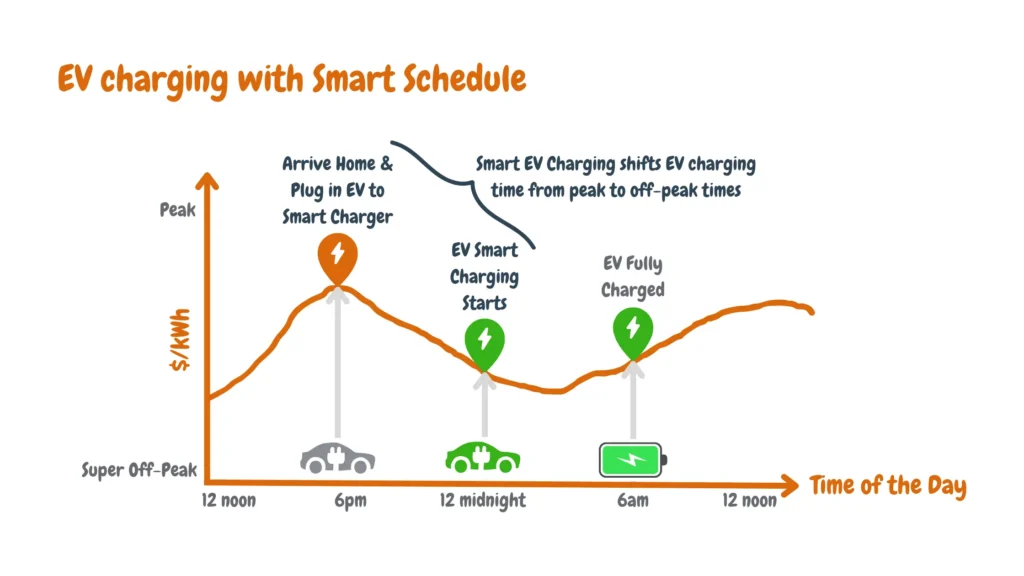
Future-Proofing Your Network
To truly future-proof your EV charging network, choosing chargers that support the latest OCPP protocols, like OCPP 2.1, is key. This newest version introduces powerful features such as advanced smart charging, bidirectional energy flows (V2X), enhanced payment options, and battery swapping support, all while strengthening security measures. Selecting an EV charger with support for these protocols ensures your installation remains secure, scalable, and fully compatible with the evolving landscape of EV technology and energy management.

James Ndungu is a certified EV charger installer with over five years of experience in EVSE selection, permitting, and installation. He holds advanced credentials, including certification from the Electric Vehicle Infrastructure Training Program (EVITP) and specialized training in EV charging equipment and installation, as well as diplomas in EV Technology and Engineering Fundamentals of EVs. Since 2021, James has tested dozens of EV chargers and accessories, sharing expert insights into the latest EV charging technologies.
.
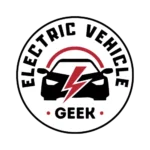
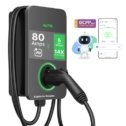
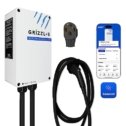


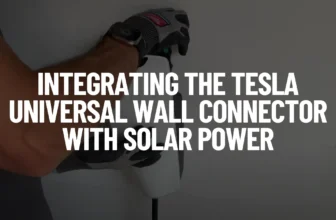
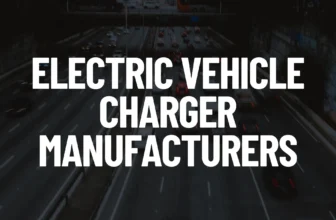
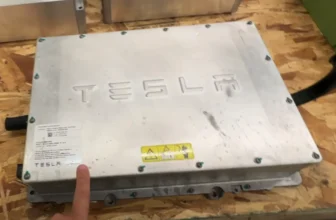
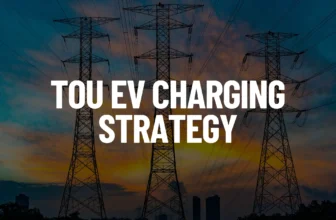
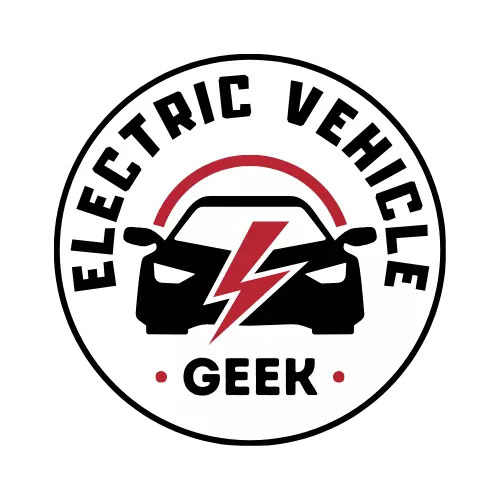
Any review of what OCPP 2.1 will offer for home EV chargers
We have updated the guide to include OCPP 2.1 EV chargers, thank you!